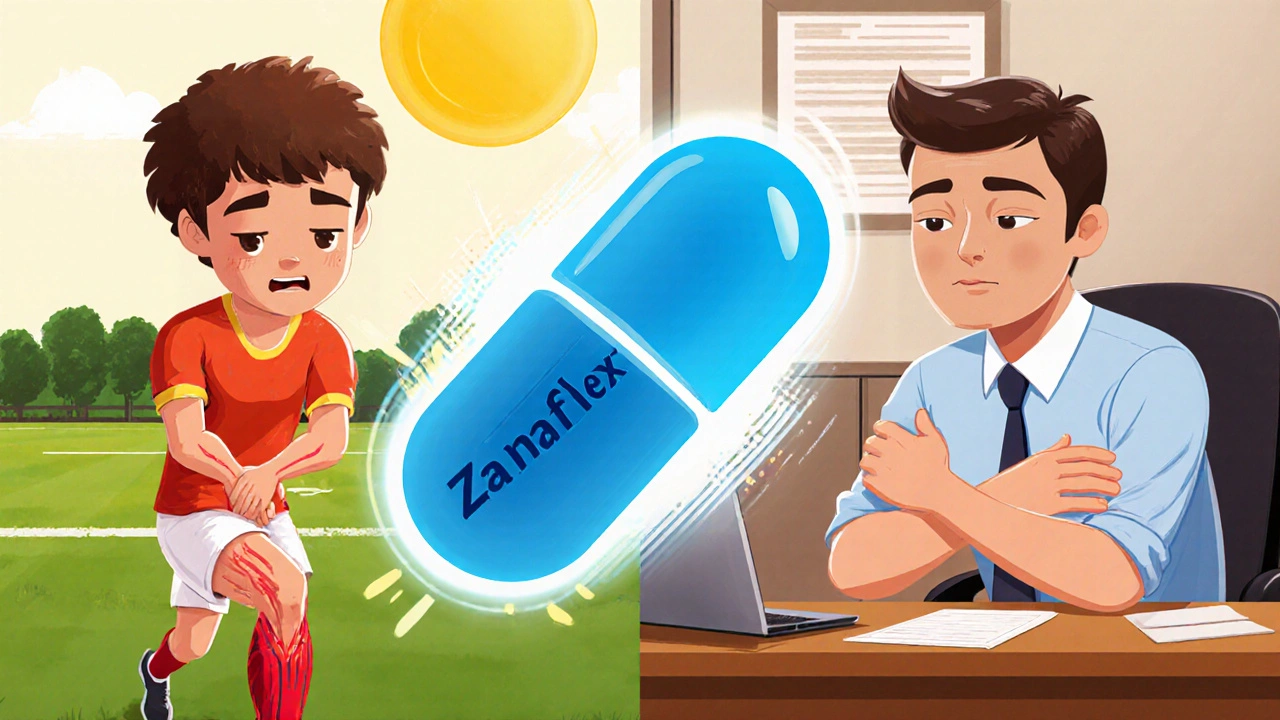Side Effects – Quick Guide to Medication Risks
When you pick up a new prescription or over‑the‑counter supplement, the first thing on your mind is usually how well it will work. But the flip side—what could go wrong—is just as important. Knowing the typical side effects helps you catch problems early and avoid unnecessary trips to the doctor.
Common Symptoms to Watch For
Most drugs have a handful of predictable reactions. Stomach upset, headache, and mild dizziness show up with everything from antibiotics to blood pressure pills. For example, Cialis often brings a warm flush and occasional back pain, while Kaletra can cause nausea and a bitter taste. If you start feeling any new symptom within a few days of starting a med, write it down and compare it to the drug’s known profile.
Skin reactions are another red flag. Rashes, itching, or hives can mean you’re allergic. Even topical products like minoxidil can cause scalp irritation or shedding in the first weeks. These issues usually clear up if you stop using the product, but they’re worth a quick call to your pharmacist.
Managing and Reducing Risks
First, never skip the pharmacist’s counseling. They’ll point out which side effects are serious and which are just annoying. Take medications with food if the label says so—many gastric upset issues disappear that way. Pairing a drug with a water‑rich snack can also blunt dizziness.
Second, keep an updated medication list. Include prescription drugs, supplements like beet powder, and even herbal remedies such as senna. A complete list helps your doctor spot dangerous interactions before they cause trouble. For instance, combining certain blood thinners with high‑dose ibuprofen can raise bleeding risk.
Third, monitor your body. Set a reminder to check your pulse, blood pressure, or blood sugar if the med affects those numbers. Some side effects, like fluid retention from steroids, show up as swelling in the ankles. Spotting the change early lets you adjust the dose or switch meds before it gets worse.
Finally, know when to seek help. If you experience severe chest pain, sudden vision loss, or uncontrollable vomiting, call emergency services. These aren’t typical side effects and need immediate attention.
Every medication carries some risk, but most people never experience anything serious. By staying informed, keeping track of what you take, and listening to your body, you can enjoy the benefits while keeping side effects in check.
Got a specific drug in mind? Our tag page gathers articles on Cialis, Olmesartan, Doxycycline, and many more—each with detailed side‑effect info and practical tips. Use the list to dive deeper into the meds you’re curious about.

Zanaflex (Tizanidine) vs. Alternative Muscle Relaxants: A Detailed Comparison
Posted by Desmond Carrington on 25/10/25
A comprehensive side‑by‑side review of Zanaflex (tizanidine) versus other muscle relaxants, covering how they work, dosing, side‑effects, costs, and tips for safe use.

Tenormin (Atenolol) Uses, Dosage, Side Effects, Interactions-2025 Guide
Posted by Desmond Carrington on 31/08/25
Clear, up-to-date guide to Tenormin (atenolol): what it treats, safe dosing, side effects, interactions, and how to buy smart in 2025-without the fluff.

Ibuprofen: Benefits, Dosage, Side Effects, and Smart Use for Pain Relief
Posted by Desmond Carrington on 8/06/25
Ibuprofen is everywhere—inside medicine cabinets, gym bags, and maybe even your car’s glove compartment. This article unpacks how ibuprofen actually works, when it’s most effective, how to steer clear of risky side effects, and what mistakes people keep making with this painkiller. If you’ve ever wondered about safe dosages, long-term effects, or smart use tips, you’ll find the honest, useful answers right here.

Abilify: Uses, Side Effects, Dosage, and Important Facts
Posted by Desmond Carrington on 24/05/25
Abilify, also known by its chemical name aripiprazole, is a medication used to treat several mental health conditions including schizophrenia, bipolar disorder, and depression. This article dives into what Abilify actually does in the body, who can benefit from it, and what to watch out for if you're prescribed this drug. You'll get clear explanations, helpful tips, and eye-opening facts about its use and effects. Stay with me as we cut through the confusion and give you the information you really need.

